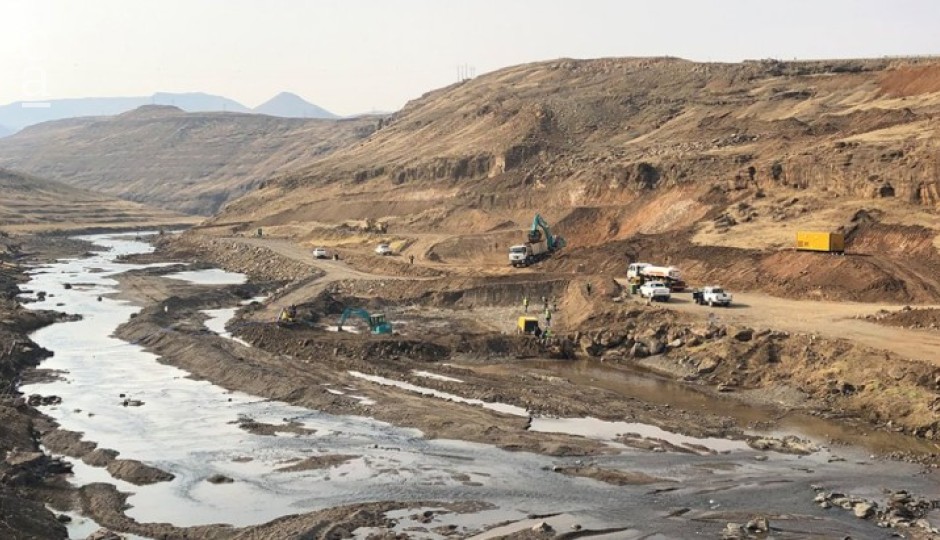Southern Africa
Bridge Contract Awarded on Lesotho Highlands Water Project
Lesotho-South African joint venture wins US$26.7 million contract.

The Lesotho Highlands Development Authority (LHDA) has completed the construction procurement for the remaining two major bridges to be built under phase two of Lesotho Highlands Water Project (LHWP), awarding a M511.5 million (US$26.7 million) contract to the Concor-Nthane Brothers M&K Bridges Joint Venture in late August.
Work on
Want to continue?
Subscribe to get access to premium content
By subscribing you get access to the Newsfeed, Tenders, Events

